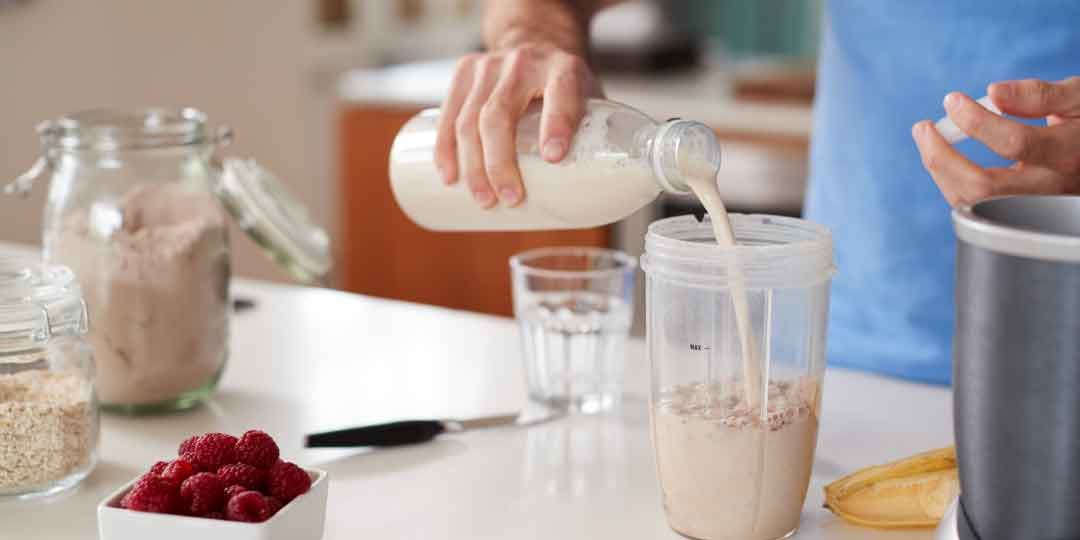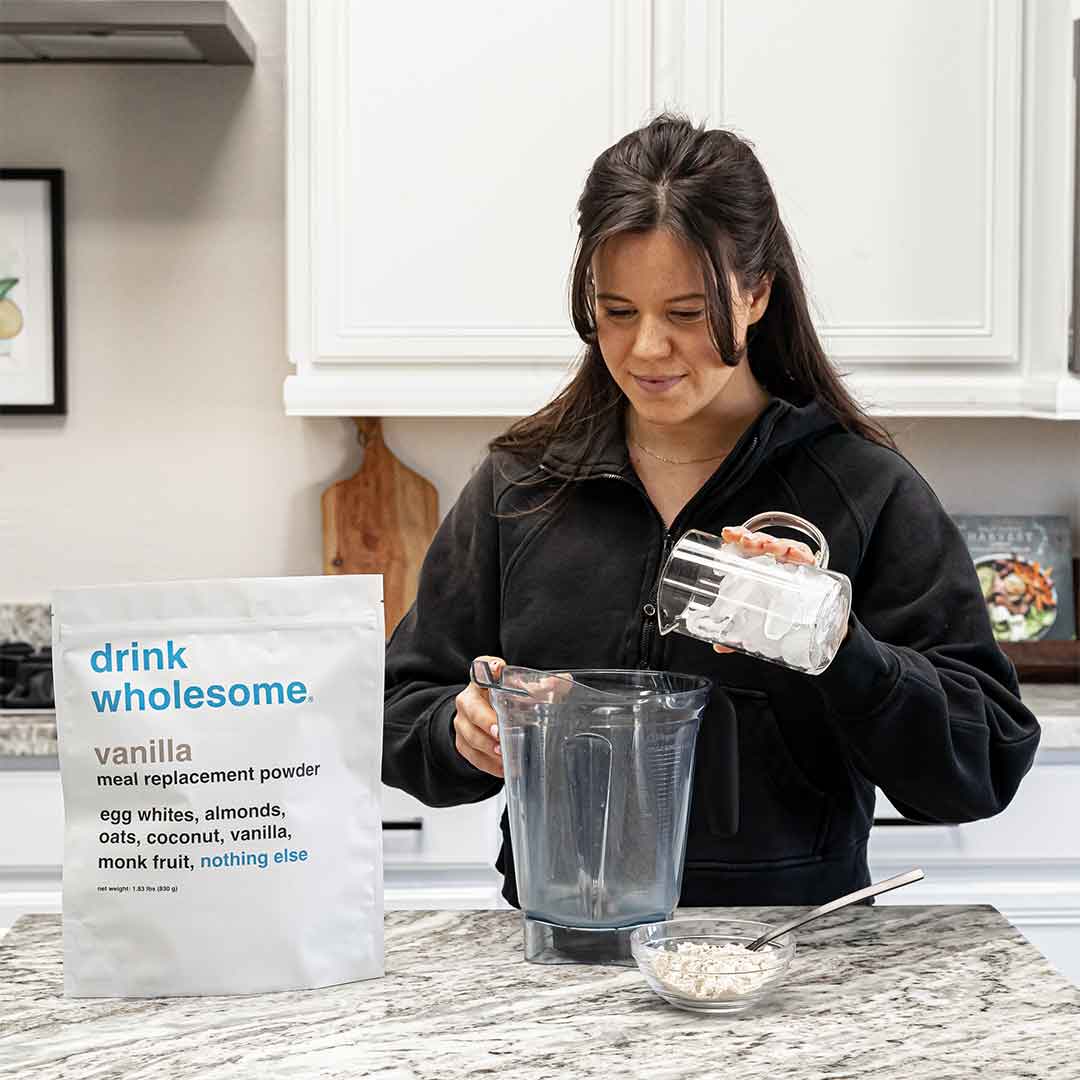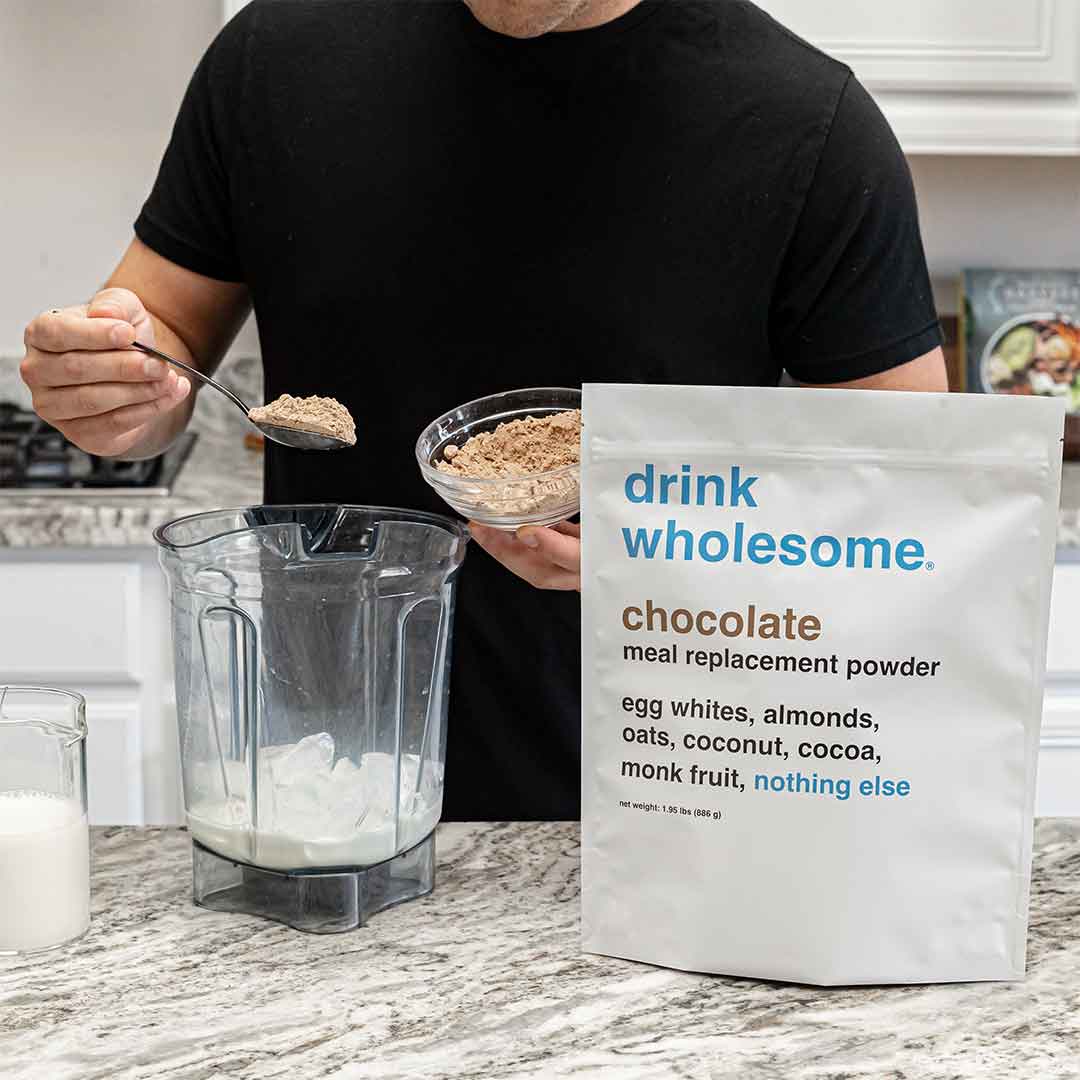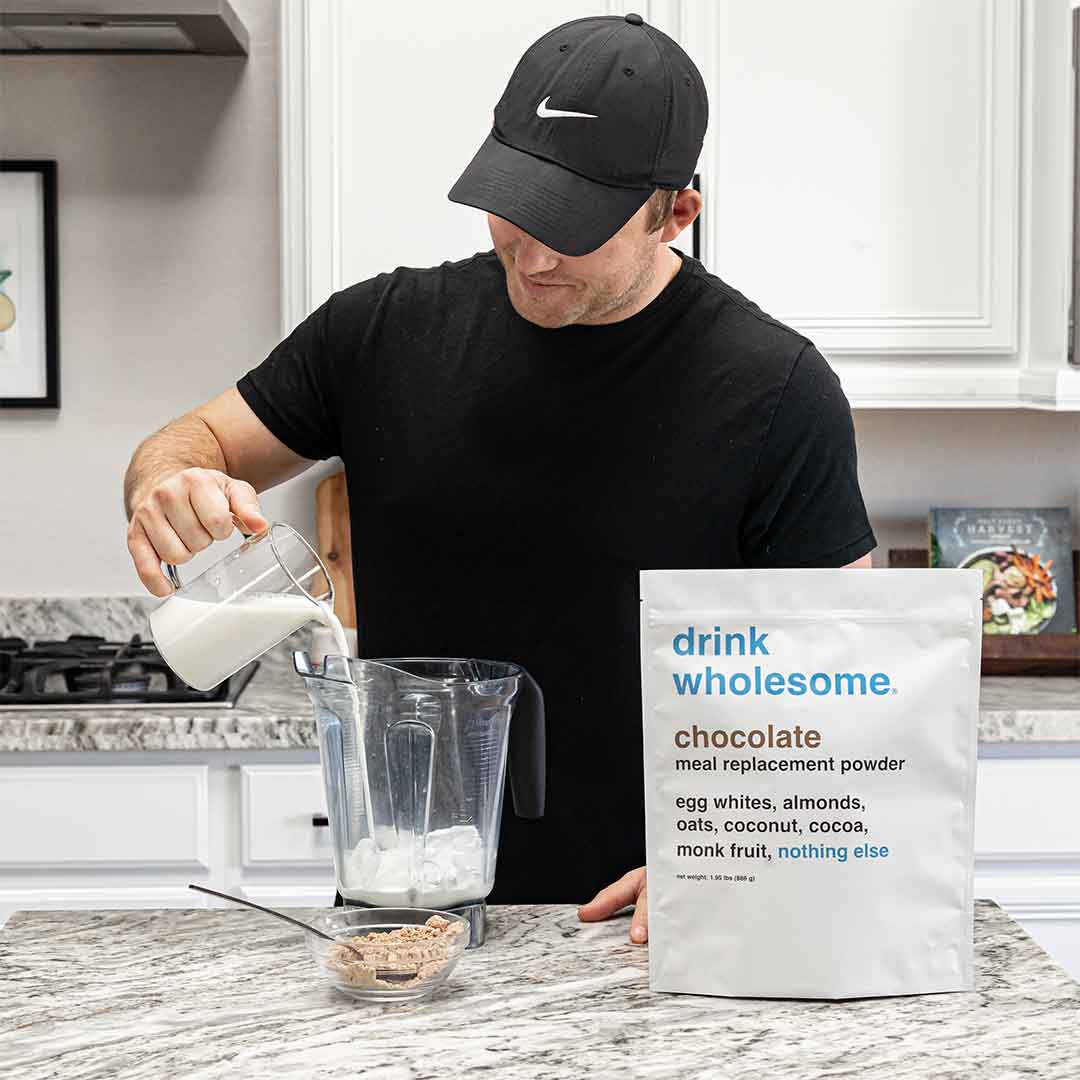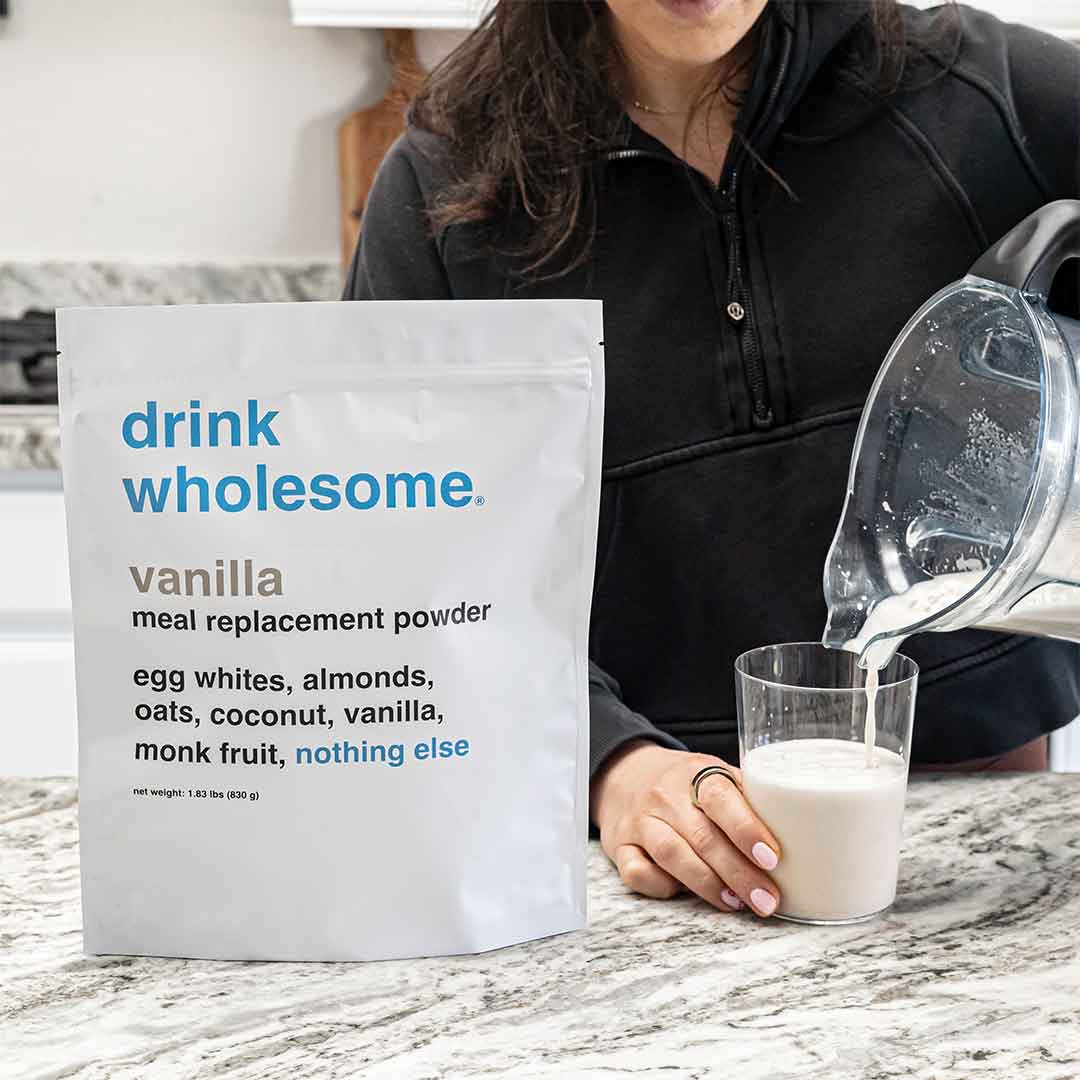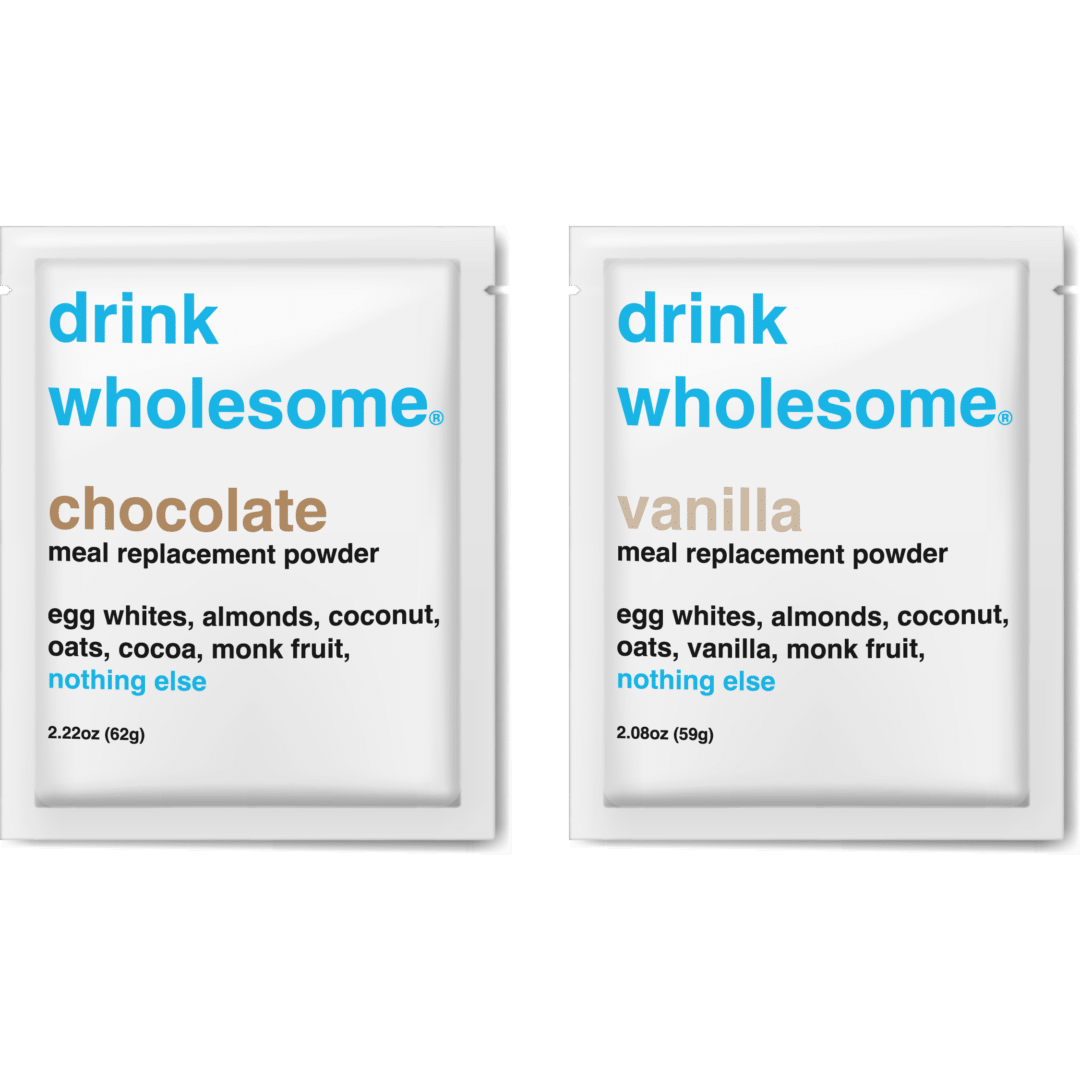Meal replacement shakes can cause constipation.
Written by Jack Schrupp & endorsed by Baylee Reller, RDN
Do meal replacement shakes make you constipated?
Although a common side effect of meal replacement shakes is diarrhea, many people report that meal replacements also cause constipation. Constipation occurs when you have fewer than three bowel movements a week and your poop is hard and difficult to pass. Common symptoms include bloating and stomach pain.
If your meal replacement causes constipation, you have come to the right place. In this article, I will explain why many meal replacements cause constipation.
Why do meal replacement shakes cause constipation?
Meal replacement shakes cause constipation because they are hard to digest. One look at the ingredients in the average meal replacement shake should explain why. Most meal replacements are made with gums, lecithins, sweeteners, and flavors that look nothing like real food. Ingredients like these are hard to break down, and spend more time in your digestive tract than food is supposed to. This can make you constipated. Keep reading to learn more.



